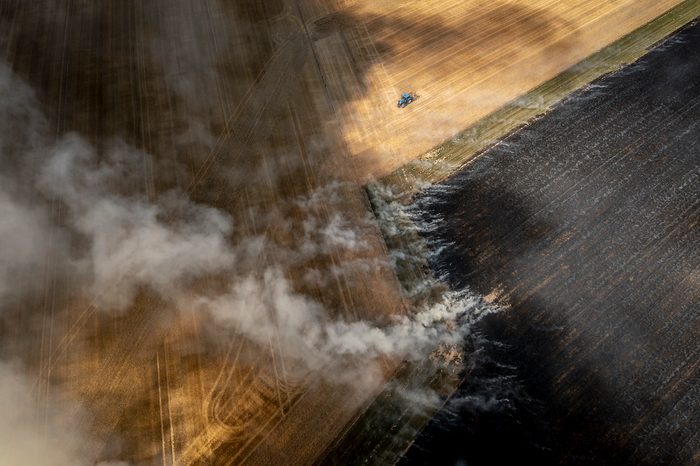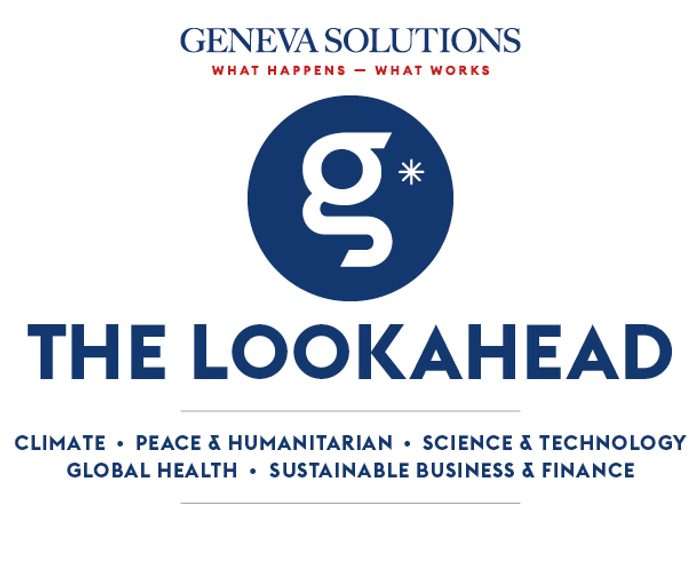Good morning, this is Pip. Today, we’re hearing how countries are gearing up to tackle emissions from crop burning – a cheap and quick method of clearing land used by farmers around the world, but one which has major consequences for the climate. Experts will meet in Geneva this week to grapple with the problem.
We’re also speaking to the UN’s head of road safety ahead of a meeting in New York this week looking at how to reduce the huge global death toll from accidents, which claim more than one million lives each year. And in our latest dispatch from women in Afghanistan, we hear the story of one athlete who rapidly rose to success but now faces an uncertain future under the Taliban. |

|

A controlled burning of a farmer’s grass field burned near Lellinge, south of Copenhagen, Denmark, on 23 August 2021. (Credit: Keystone/EPA/Mads Claus Rasmussen)
|
|
🔥 Air regulating body puts black carbon on the spotlight.
Scheduled to meet in Geneva from Monday to Wednesday, the Convention on air pollution will be adopting voluntary measures for Pan-European countries to reduce emissions from agricultural waste burning, including black carbon – a powerful heat trapping gas that is only second to CO2 in driving climate change. Viewed as a cheap and harmless way to clear land, crop burning has in reality harmful effects on human health but also on soil quality and biodiversity.
Geneva Solutions (EN)
|
|
Here’s what else is happening
|
|
Afghan female athlete lives in fear under the Taliban.
Once reserved for men alone, women’s sport has been a growing field in Afghanistan in recent years, with Afghan girls breaking down barriers and excelling to the highest levels. But since the Taliban takeover in August, many of the country’s female athletes have fled abroad, fearful of what their lives would become under the new regime. Fazila Hurzad, a member of the national bowling team who has remained in Afghanistan, tells us the story of how her secret hobby became a professional career before being snatched away from her.
Geneva Solutions (EN)
|
|

Nneka Henry, head of the secretariat of the UN Road Safety Fund (UNRSF). (Credit: UNECE)
|
|
🚗Road accidents are a silent epidemic on wheels, says UN Road Safety Fund boss.
United Nations delegates met in New York for talks on Friday on how to reduce the huge annual death toll from road traffic accidents. The numbers are stark – more than one million people die in traffic crashes each year – and they have remained almost unchanged over the last decade. "It is a huge epidemic on wheels" and one that is not talked about, says Nneka Henry, head of the UNRSF secretariat in an interview with Geneva Solutions.
Geneva Solutions (EN)
|
|
|
GS news is a new media project covering the world of international cooperation and development. Don’t hesitate to forward our newsletter!
Have a good day!
|

|
|
Avenue du Bouchet 2
1209 Genève
Suisse
|
|
|
|










